
Cinematography
At the outbreak of the Second World War, two friends, Mokrane and Menach, abruptly interrupt their studies and return to their remote native Kabylian village of Tagsa. While waiting to be drafted into the French Army they have time to woo. Mokrane falls for beautiful Aazi and soon marries her only to find out that she can bear no child. Menach, on his part, is stongly attracted to Davda, but the latter is already married to a rich merchant...Happiness does not seem to be in store for the two former students...
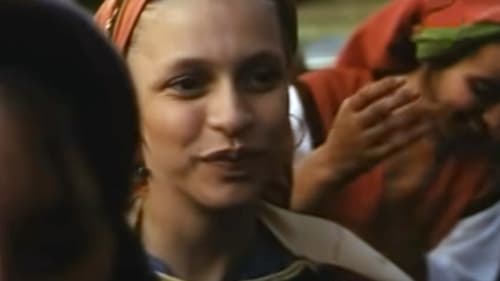
Cinematography
In Kabylie, rude mountain region in the north of Algeria. Arezki finds the young Larbi exhausted, buried under the snow. He takes him in and nurses him until he's recovered. The host seduces Arezki's daughter. She is pregnant. This is an unsupportable shame to the father of the female sinner. Arezki claims vengeance. He leaves his house and takes the oath not to come back before having killed Larbi who betrayed him under his own roof.
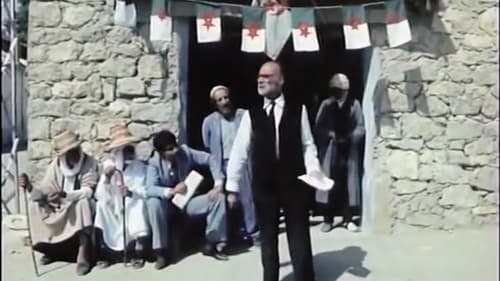
Cinematography
Directed by Ahmed Rachedi.

Cinematography
For Zerda and the Songs of Forgetting, Assia Djebar and her co-author Malek Alloula spent half a year in the Pathé and Gaumont film archives watching footage shot by French documentary filmmakers between 1912 and 1942. Their montage sifts through these “images of a deadly gaze” for the reality they conspicuously elide, for the resistance that has retreated “behind the mask”. The soundtrack blends together poetry, recitations, and experimental music into a polyphonic swan song to colonial violence.

Cinematography
Ali, an Algerian crane operator, takes with philosophy the bullying suffered by immigrants like him. His existence changes radically the day he wins the lottery.

Cinematography

Cinematography
The story of Algerian women trying to live in 1970s Algeria where the society is between conservative values and progressive modern Algeria.

Cinematography
Directed by Sid Ali Mazif.

Cinematography
Directed by Mustapha Kateb.

Cinematography
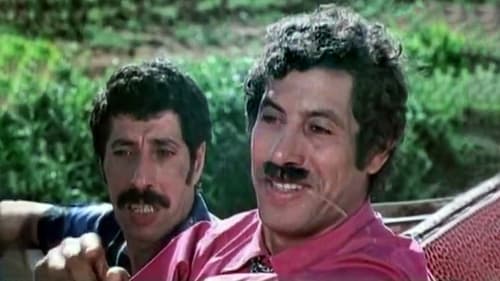
Cinematography
Directed by Moussa Haddad.
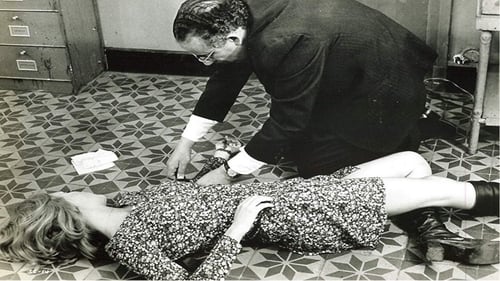
Carl
Following a robbery in a circus, a young mobster, Jean, is arrested by Inspector Borelli. The thug denies involvement. To compel him to sign a full confession, Inspector Muller encourages the suspect to get married for - he says - to move the jury. This being done, he lets Jean believe that he can spend a moment alone with his wife; but then, Inspector Borelli blackmails him: "If you sign your confession, you can spend a moment with her." After being beaten, Jean signs a confession. It is then that a new blackmail intervenes: "the name of the accomplice?", asks the inspector. But the thug refuses to denounce the latter and ends up refusing the bargain dupes. While the guards drive him back to prison, his wife cuts his veins, breaking the career of the bad policeman.
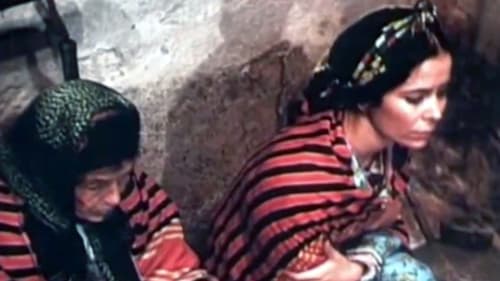
Cinematography
An Algerian doctor decides to leave the troubles in Algiers and goes back to his hometown, a small village lost in the mountains. There, however, the situation is explosive as well, as the guerilla is active and the French military has to keep a close watch on the locals...
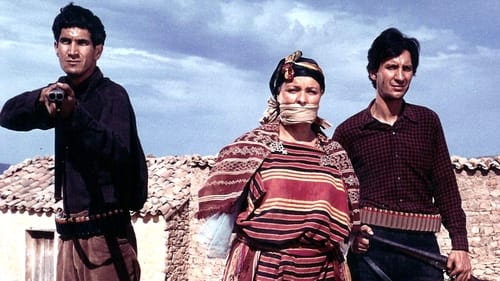
Cinematography
Partly influenced by the Western genre, the film tells the story of a small group of mountainous bandits (escapees of the prison) who fight, in their own way, against the absurdity of the colonialist powers' presence.

Cinematography
Directed by Youcef Akika et al.

Cinematography
The Algerian War is seen through the eyes of a group of Algerian freedom-fighters who have been captured and incarcerated in French-run military prisons both in France and Algeria. In addition to attempts at escape, this prison drama also includes propaganda and brainwashing attempts by the French and scenes of torture. In what is possibly the most horrible torture of all, the inmates are forced to listen to broadcast speeches by General Charles de Gaulle -- speeches which illustrate the changing relations between the French and the Algerians.








